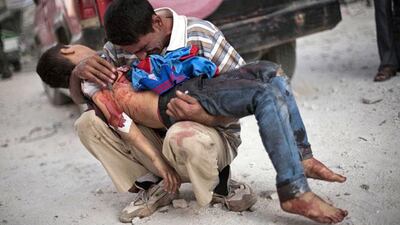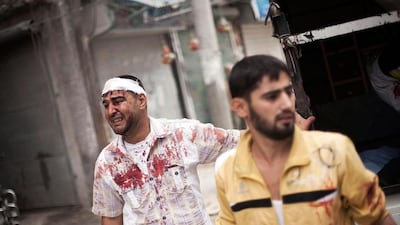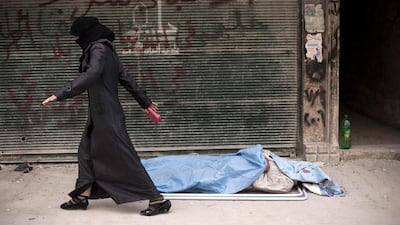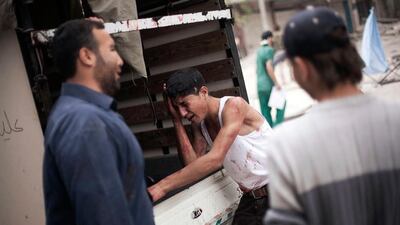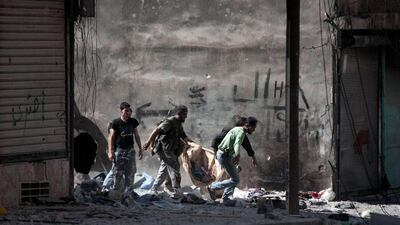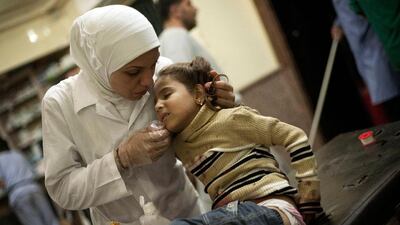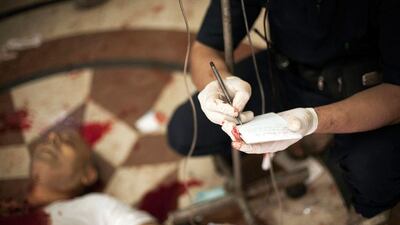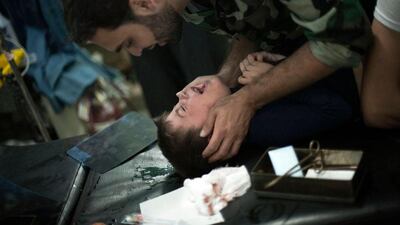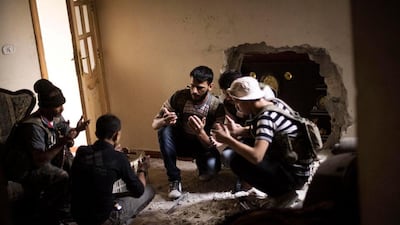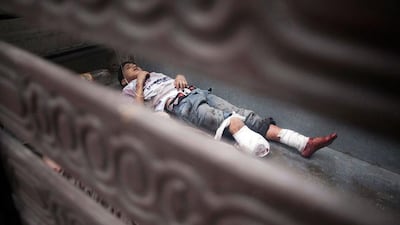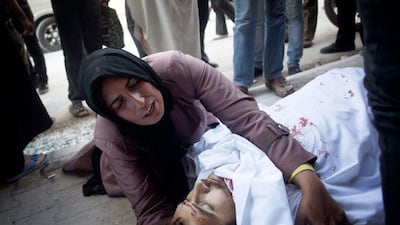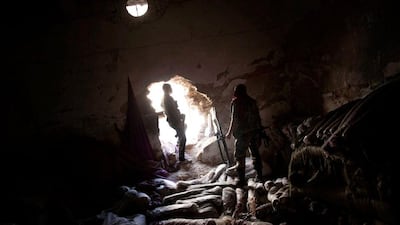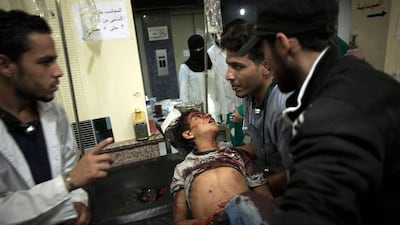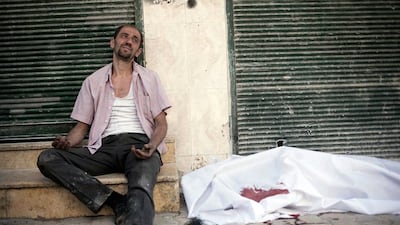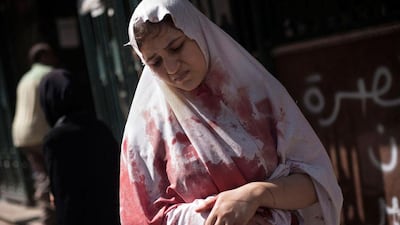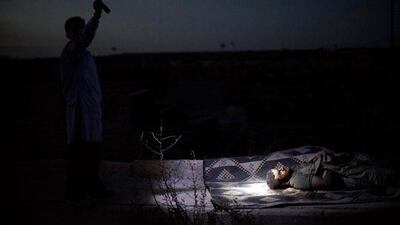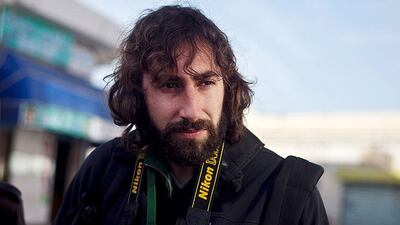Manu Brabo is a photographer who recently returned from Aleppo where he was covering the war for the Associated Press. We emailed him six questions about his experiences on the front line (the original Spanish is on the right).
For more see: Associated Press photographer documents the conflict in Aleppo, Syria

Manu Brabo was born in Spain. After studying Photography in The School of Arts and Crafts in Oviedo, he moved to Madrid where he started Journalism in Carlos III University while he was working as a photographer for several humble newspapers and agencies. After three years studying in the university he decided to leave the journalism degree and stay focused on photojournalism.
Using his vacation times to work about human interest stories, he had offered his time and efforts to take images around many social conflict areas like Kosovo, Bolivia, Argentina, Haiti, Honduras, Palestine, Tunis, Libya…
During the last year he has been working in conflict areas as a freelance for NGO’s, agencies like AP, EPA or EFE, and his work has been published in many newspapers all around the world.
Find out more at manubrabo.com
